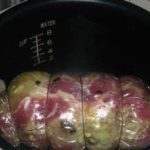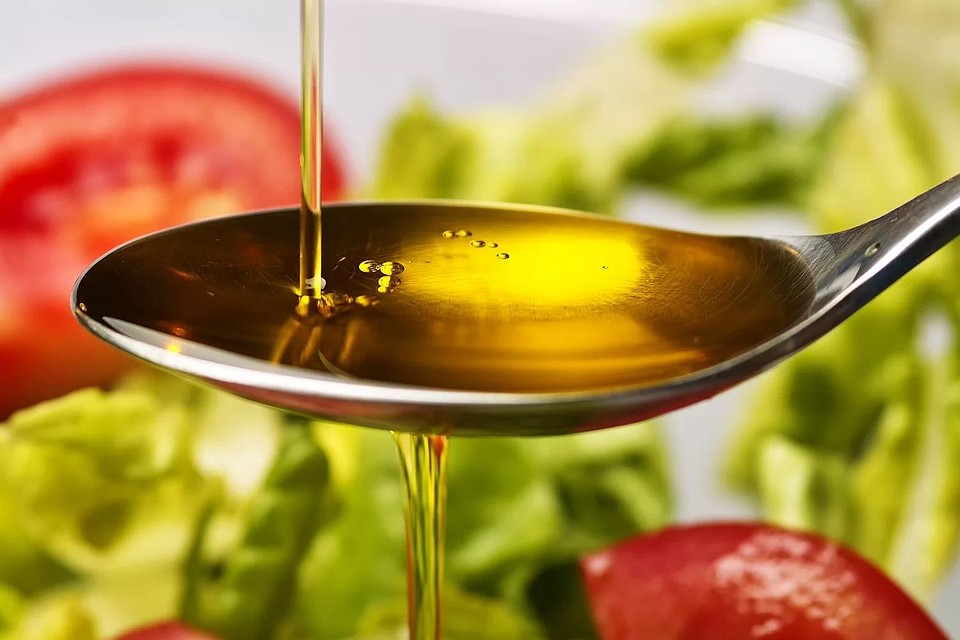Why do millions of women wrap a grater in cellophane?
Many times in my seemingly short life, I have heard that some housewives wrap a grater in cellophane (a simple bag). Why they do this, I never found out, because either I was too lazy to ask, I simply ignored it and did not attach any importance to it. In fact, I love to cook and do it quite often. And we can say that I use a grater almost constantly in my everyday life: grate carrots for soup, potatoes for pancakes, cheese for spaghetti. But wrapping it in cellophane - such a thought never occurred to me.
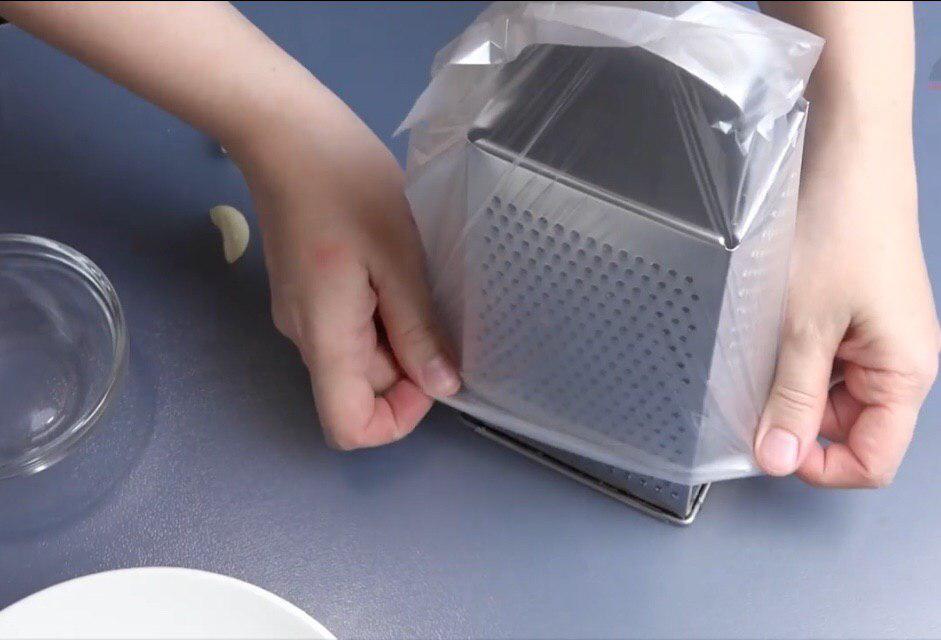
The content of the article
Grater bag - why do they do this?
And once again, when I heard that the grater was wrapped in a bag during the preparation of some dish, I still asked - what kind of method is this and why is it even needed? The answer surprised me - they came up with a slightly strange method for garlic. Hmm, I use garlic in cooking and often grate it if I’m too lazy to use a special crush. But what does the package have to do with it?
So, everything looks pretty primitive. We put cellophane on a grater and grate the garlic through it. What is the result? And we get garlic puree and a relatively clean grater, which you just need to rinse in water. It seems like this is how garlic retains all its juices and beneficial qualities. At the same time, the grated product remains in the bag - they say, pour it out and you're done!
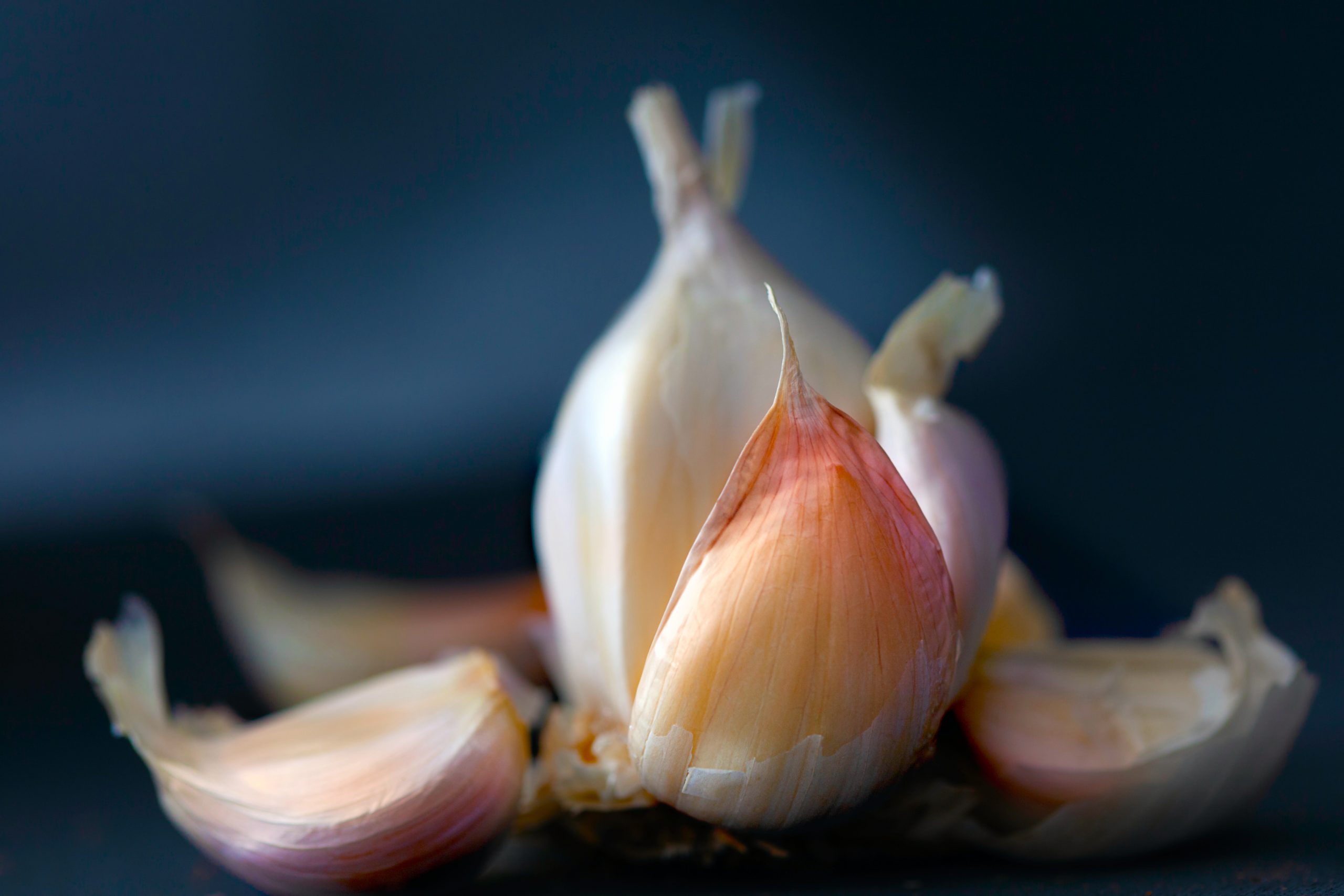
The practical side of the issue
Having received the answer, I began to think - is this super-mega-practical? Okay, let’s say you don’t have a garlic press handy (and it happens!). But you can chop the garlic finely, and - oh, gods! - it will also retain all its juices and benefits. Basically, when I’m too lazy to press it onto the borscht, that’s what I do: I chop it finely - it retains the aroma and sends all its beneficial properties directly into the broth.

And if you need puree, you ask? Then I do it differently: I put the clove on the cutting board and crush it with the blade of a knife. You can use a spoon, a fork, or the bottom of a glass in the end. And at the same time, it also fulfills its task: it saturates the dish with aroma and conveys taste.
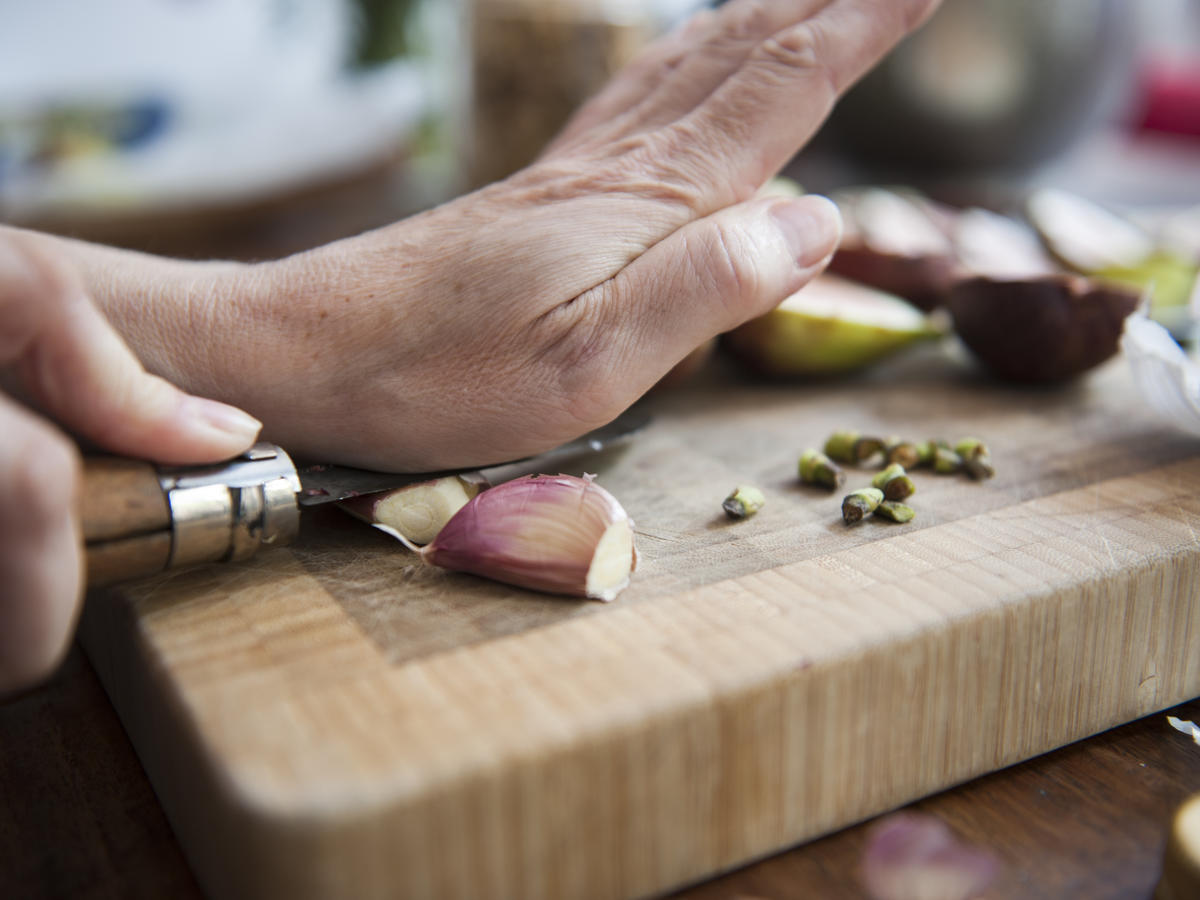
As for the argument “the grater is cleaner through cellophane.” Well, in the end, it still needs to be washed, no matter how you look at it. How much time will you save as a result? Five seconds? Ten? Well, it’s quite controversial, because you shouldn’t forget that when you grate any product through a bag - be it garlic or carrots - small particles of cellophane can get into this very puree that you are so eager to get. And then they end up in the stomach. Of course, this is unlikely to cause significant damage to health, but we all know how plastic affects the human body. What if it’s a small child, and the piece isn’t exactly minuscule, but you overlooked it?
In general, I consider this method to be quite extraordinary and not the most practical. I don’t see any benefit from it for myself. And its advantages are very flimsy.


